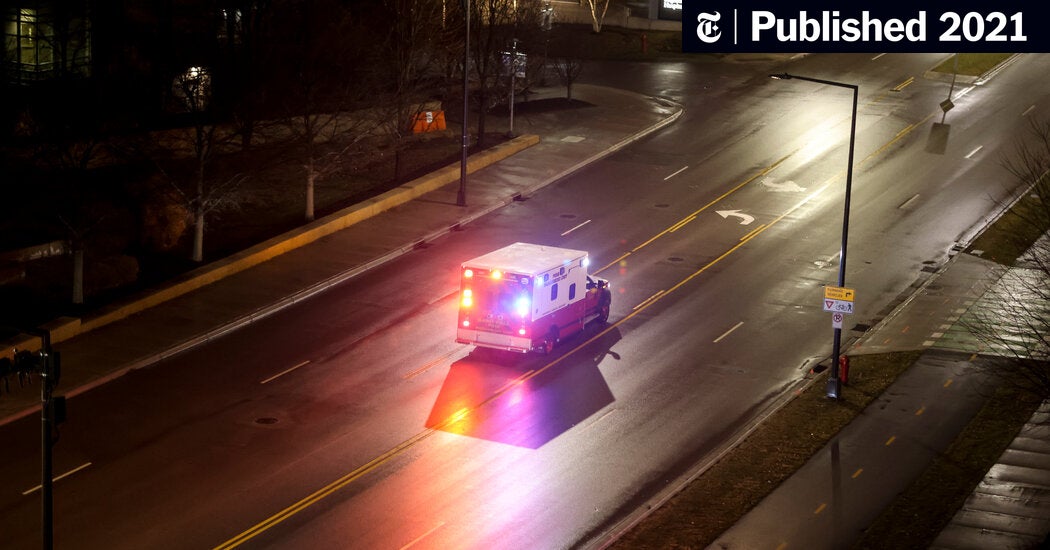- Joined
- Jun 6, 2002
- Messages
- 13,874
- Reaction score
- 4,427
BlueCross/BlueShield implemented a policy where upon reviewing a patient's chart, they retroactively deny claims for emergency visits when an emergency didn't exist. Now UnitedHealthcare is wanting to do the same, but has delayed it for now due to COVID.
I think it's time we all write our legislators and advocate for our patients. Insurers are doing this solely for their profits. This will be an uphill battle given the amount of contributions given to legislators by the insurers.
I'll repost this from a previous thread 2 years ago:
2017 insurance CEO total compensation:
In UnitedHealthcare's defense, Wichmann's salary dropped from $18.88 million in 2019 to only $17.87 million in 2020. After scrounging by with rationing his family meals, he's getting 2 years of salary for his retirement. (His total compensation with exercised stock options was $52 million for 2019.)
I think it's time we all write our legislators and advocate for our patients. Insurers are doing this solely for their profits. This will be an uphill battle given the amount of contributions given to legislators by the insurers.
I'll repost this from a previous thread 2 years ago:
2017 insurance CEO total compensation:
| Michael Neidorff | Centene | $24.9 million (396 times median employee pay at Centene) |
| Bruce Broussard | Humana | $34.2 million |
| Joseph Zubretsky | Molina | $19.7 million |
| Mark Bertolini | Aetna | $58.75 million |
| Joseph Swedish | Anthem | $26.4 million |
| Stephen Hemsley | UnitedHealth Group | $27.2 million |
| David Cordani | Cigna | $43.9 million |
| David Wichmann | UnitedHealth Group | $83.2 million |
| Kenneth Burdick | Wellcare | $11.3 million |
| Gail Boudreaux | Anthem (took over as CEO) | 2017: $2.2 million, 2018: $14.2 million |
In UnitedHealthcare's defense, Wichmann's salary dropped from $18.88 million in 2019 to only $17.87 million in 2020. After scrounging by with rationing his family meals, he's getting 2 years of salary for his retirement. (His total compensation with exercised stock options was $52 million for 2019.)

